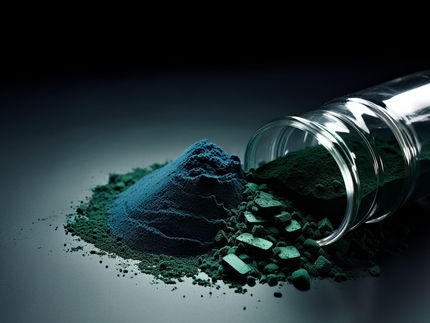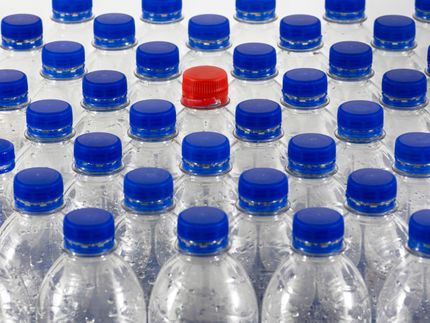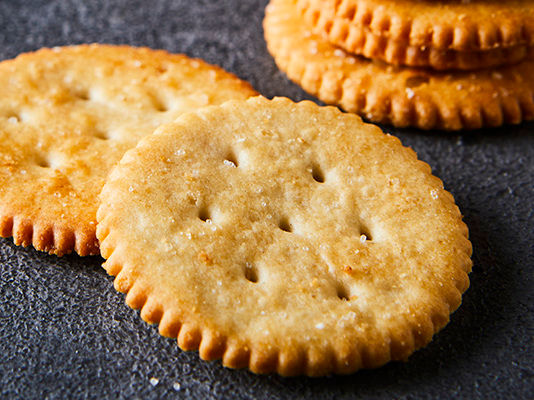UBC chemist helps create new compostable coffee pod
Pods break down fully in 35 days in municipal composting
Dr. Zac Hudson believes your morning cup of coffee should be strong and guilt-free.
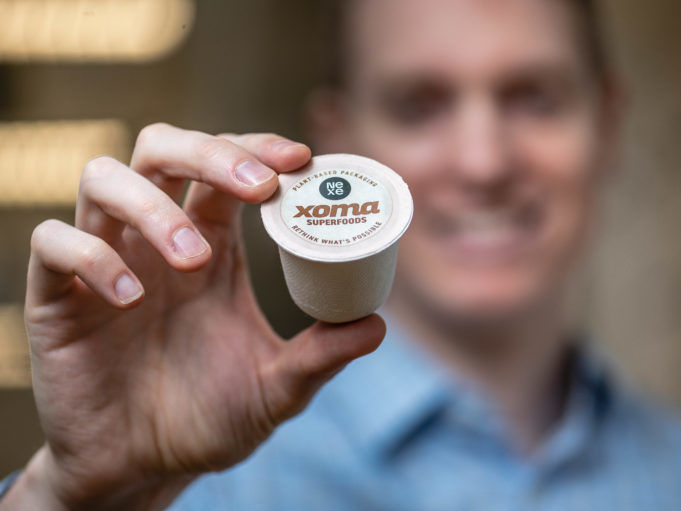
UBC
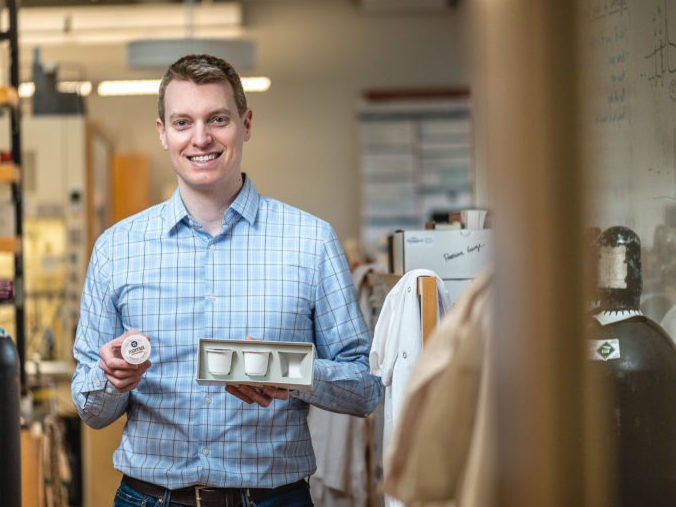
UBC
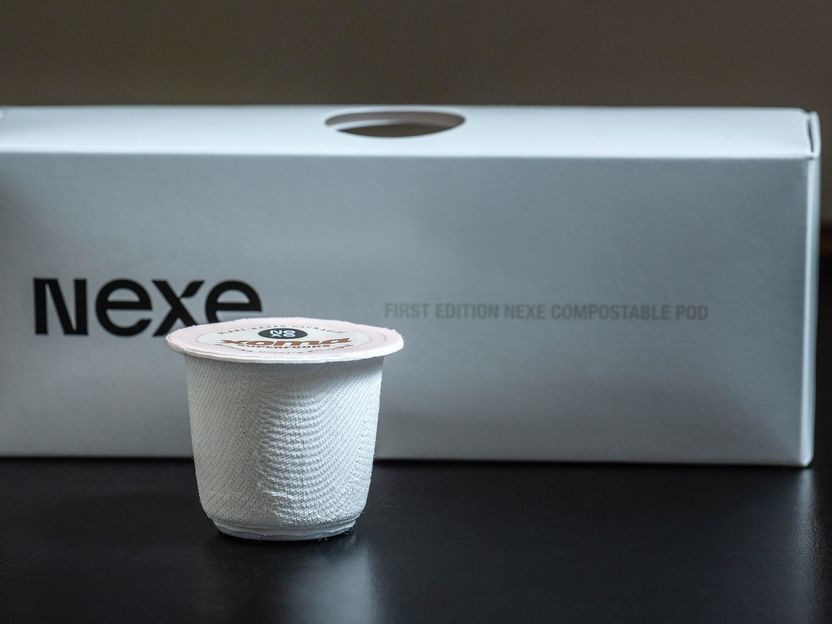
UBC
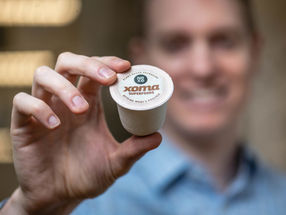
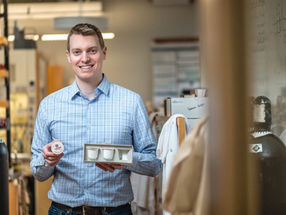
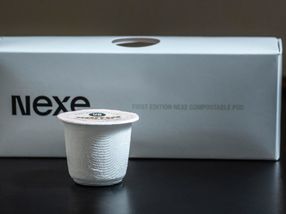
That’s why the University of British Columbia scientist has spent the past three years creating a new fully compostable coffee pod with Surrey-based NEXE Innovations.
“Every year more than 40 billion single-use coffee pods end up in landfill. If they’re made of plastic, they could be sitting there for hundreds or thousands of years,” said Dr. Hudson, an assistant professor and Canada Research Chair in Sustainable Chemistry. “We wanted to create a compostable pod to tackle this problem – and make sure the coffee still tasted great.”
Enter the NEXE pod, which composts completely in as little as 35 days in industrial compost. The pods are made from two specially engineered components: an outer fibre jacket and a bioplastic inner capsule designed to break down into carbon dioxide, water and organic biomass – leaving no microplastic behind.
Engineering new sustainable materials
In order to create a fully compostable pod, Dr. Hudson – whose research focuses on the development of new materials to address issues of sustainability – had to formulate a new bioplastic.
Traditional plastics are made from chemicals, or monomers, derived from fossil fuels. Bioplastics use monomers derived from biomass such as wood or plants.
“We started out by importing bioplastics from overseas and trying them out for the pods we wanted to create. This helped us learn which materials worked well and which didn’t, so we could create new formulations in-house or with the help of our partners,” said Dr. Hudson, who is also now the Chief Scientific Officer at NEXE Innovations.
There were a number of challenges to consider. Many compostable pods already on the market are soft-bottomed, exposing the coffee grounds to moisture and air and allowing them to go stale quickly. They also hold fewer coffee grounds than plastic pods, which can lead to a relatively weak brew.
They also couldn’t look or feel too much like traditional plastic. “This has been a huge barrier to adoption of compostable pods in the past – consumers can’t tell them and regular plastic apart,” said Darren Footz, CEO of NEXE Innovations.
The team eventually settled on a two-part solution:
- a bioplastic inner capsule made from polylactic acid (PLA) compounded with other natural ingredients that addresses moisture, air and heat issues and holds a large volume of coffee grounds.
- an outer jacket made from bamboo that still looks and feels like plant fibre.
Tackling plastic waste with industry and government
The new bioplastic was tested in collaboration with Dr. Hudson’s research group at UBC, while the composting of the pods was tested at the Surrey Biofuel Facility, which handles all compost for the city of Surrey.
“We are now making our own bioplastics at our facility in Surrey, and are looking to bring significant bioplastics manufacturing capacity to Canada,” said Dr. Hudson. “We’re also working on home composting solutions for our pods.”
The pods are compatible with all Keurig K-Cup brewing systems and launched commercially this month – selling out of their entire launch inventory in one day. The company recently announced Nespresso-compatible pods set to begin production later in 2021.
Funding for research and production was provided by the Natural Sciences and Engineering Research Council (NSERC) Engage grant; the Peter Wall Institute for Advanced Studies Wall Solutions Grant; and Agriculture and Agri-Food Canada (AAFC) and Natural Resources Canada’s (NRCAN) Plastics Challenge. In January 2021, NEXE Innovations received a $1-million investment from NRCAN to scale up manufacturing of their Nespresso-compatible pods.
“Coffee drinkers are very discerning: if you make a product that is good for the planet, but the coffee tastes bad, they’re going to lose interest pretty quickly,” said Dr. Hudson. “We want our pods to be the best of both.”
